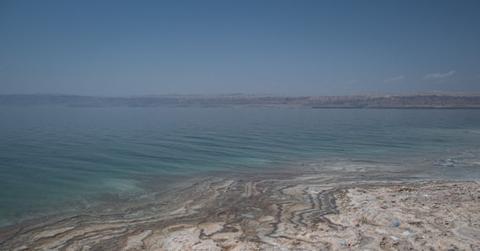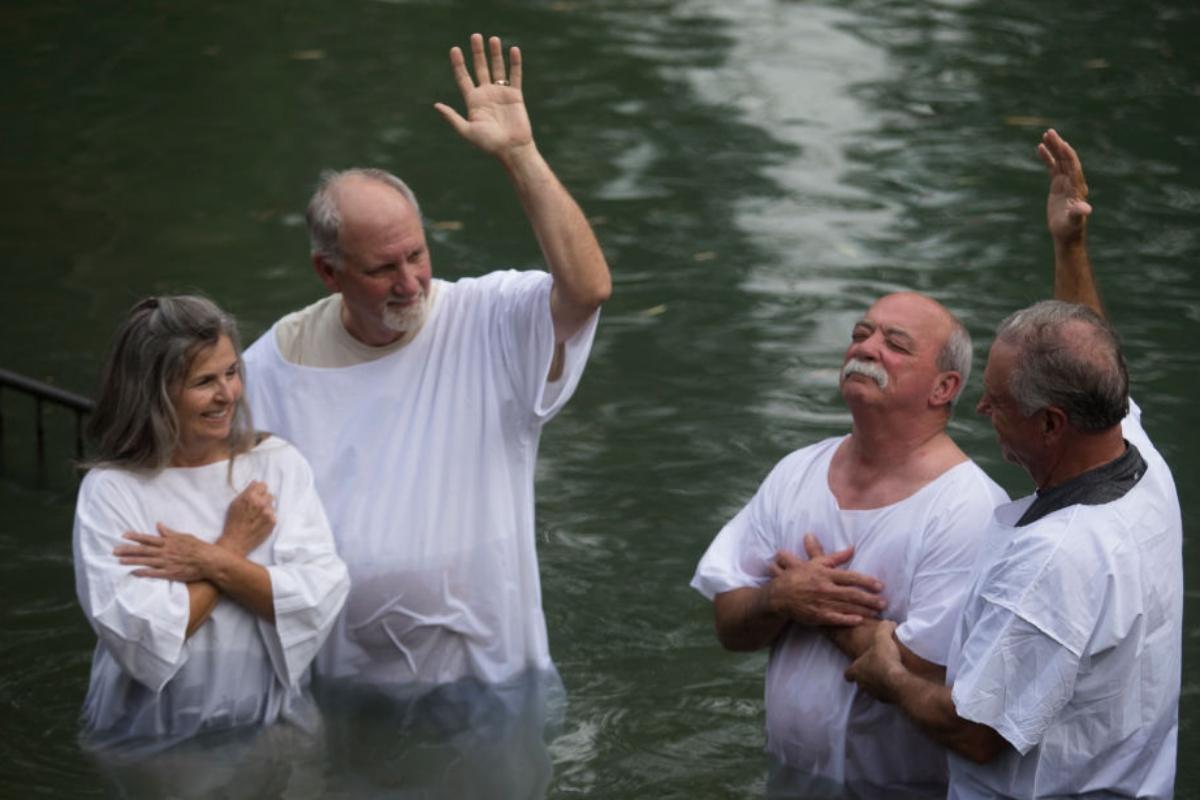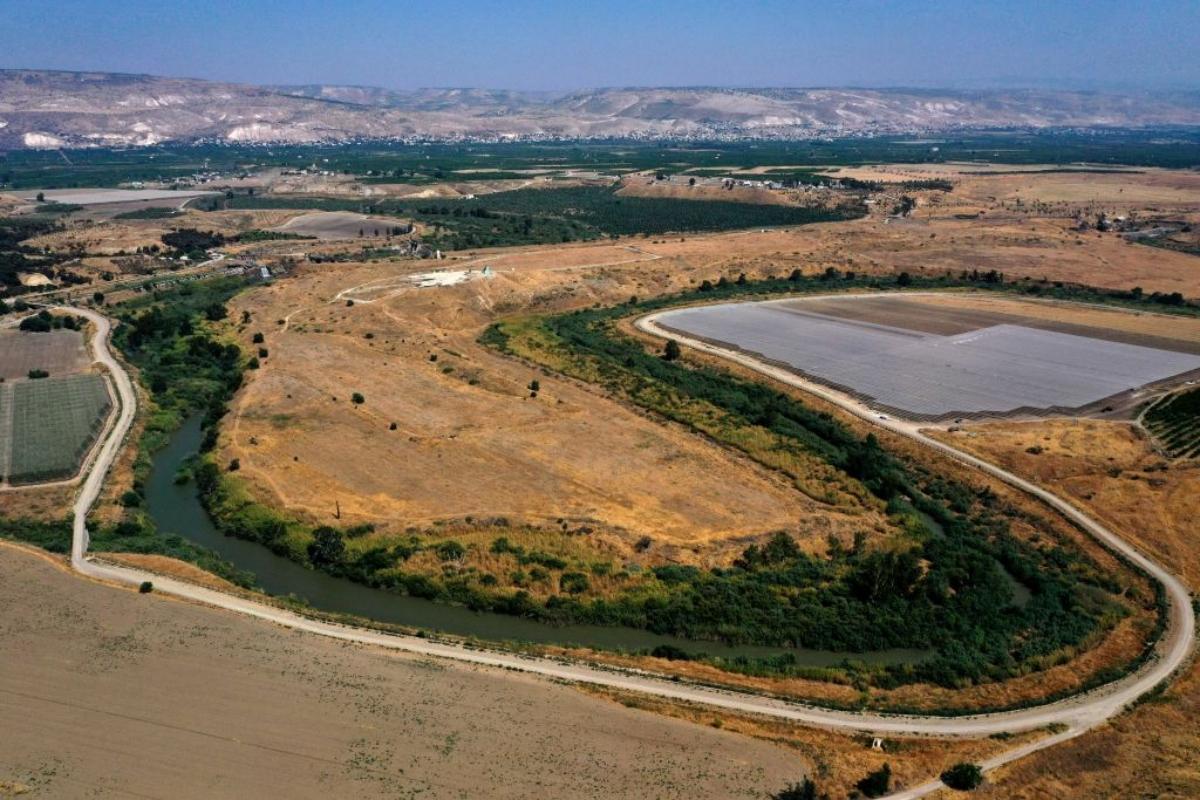Climate Change and Other Problems Are Causing the Jordan River to Dry Up
Updated Sept. 29 2023, 3:41 p.m. ET

The Gist:
- The Jordan River is part of the East African Rift System and is revered by followers of multiple religions.
- Parts of the Jordan River have dried up.
- Governments have been working to restore the Jordan River, but political strife and climate change are working against these efforts.
The Jordan River, flowing in the Middle East and a central site in multiple religions, is being threatened by climate change as well as geopolitical tensions. The river continues to be an essential water supply for societies living along its banks. However, the Jordan River is drying up, like other major rivers in the Middle East. Find out why it's happening and what is being done.

Christians travel from all over the world to be baptized in the Jordan River as Jesus was, according to the Bible.
Is the Jordan River drying up?
Yes, the Jordan River has been drying up and is not sending as much water to the Dead Sea as it used to; other issues are also plaguing the river and region. Figures vary, but according to the United States Geological Survey (USGS), the Jordan River dropped to only bringing 100 million cubic meters per year into the Dead Sea, whereas it previously brought 1.3 billion cubic meters.
As per AP News, that figure has dropped to around 70 million cubic meters of fresh water coming annually from the Jordan River into the Dead Sea. And EcoPeace Middle East, an organization dedicated to saving the Jordan River, says the river has long been threatened by governments diverting water for agricultural and domestic use, and that pollution is also a major damaging factor.
Why is the Jordan River drying up?
According to Yana Abu Taleb, Jordanian director of EcoPeace Middle East, told AP News in August 2022 how the river is suffering: “It’s a victim of the conflict, definitely. It’s a victim of people, because it’s what we did as people to the river, basically, and now adding to all this it’s a victim of climate change.”
Israel, Syria, and Jordan have all competed for access to the Jordan River's water supply, as EcoPeace Middle East explains. Gidon Bromberg, Israeli director of EcoPeace Middle East, told AP News that there is a “legitimate need for the water...Water is scarce.”
Bromberg then added: "But the conflict creates an incentive to take everything."
Nations fighting over water access means that it's difficult for the Jordan to be revitalized, as none of the affected parties want to give up any of their water. An official with the Jordan Valley Authority told AP News: “We are under stress, so we don’t have a surplus to add to the Jordan River and to revive it despite the great importance of this to the Jordanians.”

Here, the border of Jordan is seen along the banks of the Jordan River.
What happens when the Jordan River dries up?
When any river dries up, the effects can be felt across a number of industries. In the Middle East, people often depend on healthy rivers for drinking water, for growth of crops necessary to survival, and for other uses. As A-Z Animals notes, the Jordan River is also important in irrigation of crops and in the tourism industry. Many religious people come to "walk where Jesus walked" and be baptized in the same river where he is said to have been baptized.
That tourism industry based on the religious sites will eventually decline if the waters of the Jordan dry up, as there will be no way to support visitors and the appeal of visiting the river will be lost.
Fortunately, for Israeli residents, the primary source of drinking water is now the Mediterranean Sea, as Michigan State University's Agriculture Extension explains. Desalination plants convert the salty Mediterranean water into fresh, drinkable water. However, the Jordan River drying up would still be devastating to the region as the river supports so much of life there.